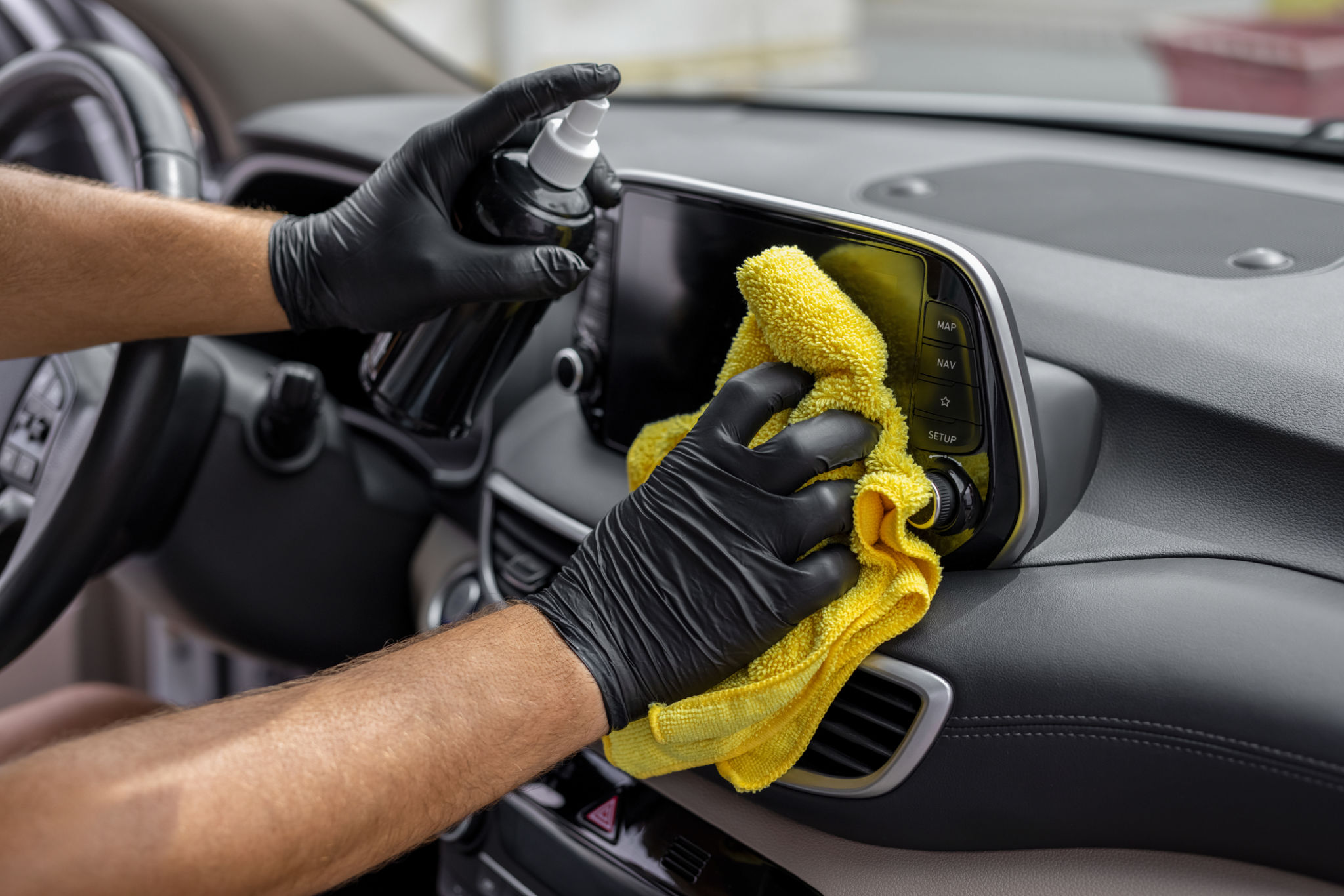The Ultimate Guide to Car Detailing: Elevate Your Vehicle's Appearance
Understanding Car Detailing
Car detailing goes beyond a regular car wash. It's an art and science that restores a vehicle to its original condition. Detailing involves a meticulous cleaning, polishing, and protecting of all parts of the car, both inside and out. By focusing on the finer details, car detailing ensures your vehicle looks its best, potentially increasing its resale value.

Exterior Detailing
The exterior of your vehicle is constantly exposed to harsh elements. Over time, this can lead to damage and dullness. Exterior detailing involves washing, claying, polishing, and waxing. Here’s a basic outline of the process:
- Washing: A thorough wash removes dirt and grime.
- Claying: Clay bars are used to remove embedded contaminants.
- Polishing: This step eliminates minor scratches and swirl marks.
- Waxing: A protective wax layer is applied for shine and protection.

Interior Detailing
The interior of your car is just as important as the exterior. Interior detailing focuses on cleaning and conditioning various surfaces within the cabin. Here’s what it typically includes:
- Vacuuming: Floors, seats, and trunk are vacuumed to remove dust and debris.
- Steam Cleaning: Removes stains and sanitizes fabric surfaces.
- Leather Conditioning: Preserves and protects leather seats.
- Dressing Plastic/Vinyl: Enhances appearance and offers some UV protection.
Engine Bay Cleaning
An often-overlooked part of car detailing is the engine bay. Keeping this area clean helps maintain performance and can make a good impression on potential buyers. Engine bay cleaning involves degreasing and carefully rinsing the engine components to remove built-up grime.

Tools and Products for Car Detailing
Investing in quality tools and products is crucial for effective car detailing. Essential tools include microfiber cloths, detailing brushes, clay bars, and dual-action polishers. As for products, look for high-quality car shampoos, waxes, sealants, and interior cleaners tailored to your vehicle’s specific needs.
DIY vs. Professional Detailing
While DIY detailing can be rewarding and cost-effective, it requires time, effort, and the right equipment. Professional detailing services offer convenience and expertise but come at a higher cost. Consider your budget and available time when deciding between DIY or professional detailing.

The Benefits of Regular Car Detailing
Regular car detailing not only enhances your vehicle’s appearance but also extends its lifespan. By protecting the paint, cleaning the interior, and maintaining the engine bay, you’re preserving the value of your investment. Additionally, a well-detailed car can make driving more enjoyable and comfortable.
In conclusion, car detailing is an essential practice for any vehicle owner looking to maintain their car's appearance and value. Whether you choose to do it yourself or hire a professional, the benefits are clear: a cleaner, shinier, and more valuable vehicle.